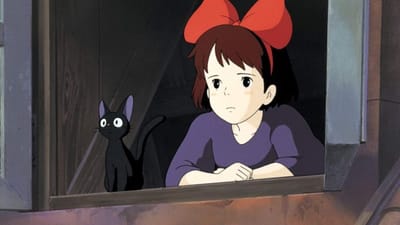When mental health won't "let" you be consistent

Welcome to September! It's almost seasonal depression (SAD) time! Hope you've got your meds and cozy gear prepped.
I've been writing consistently for 22 days out of this 100-day challenge now, and I'm noticing something interesting about creative momentum: it mirrors emotional healing in unexpected ways. I can't speak for other people with auDHD and CPTSD, but my biggest roadblock to the life I want to live is often my own mind: self-sabotage, executive functioning issues, constant exhaustion, and sometimes just depression and bedrotting.
In those moments, the only way out is through.
What's in my notebook
Ahead of the drab, "nothing matters" season, the name of the game right now is structure. Instead of spending a good 90 minutes a day writing, I've been studying how established novelists did their work — especially those of us who have to work and pay bills and such.
I've spent a lifetime avoiding routines that claim to be the "only ADHD routine that works." Well...I just started implementing the bucket system, and it's actually working...so far! Here's a quick overview of how it works:

If I manage to stay consistent using this system for the next week, I'll write up my process.
More notables:
- Started applying some concepts from Save the Cat! Writes a Novel to keep me focused.
Around the community
The more I post about writing, the more friends and acquaintances I find out are working on big projects of their own. It's really exciting to see teachers, coaches, YouTubers, and streamers coming out with books lately — wouldn't be mad if we collectively decided to downgrade social media from our attention spans too, while we're at it.
A friend recommended a true classic, Akira Kurosawa's Seven Samurai — basically the founder of the heist genre:
What I'm writing
Lots of big changes over the past week! Technically, I'm 36,000 words into my novel now. It's outlined to be a heist, and I think I'll stick to that — but my two main characters are going through a major overhaul.
I'm vlogging my progress over on YouTube, where I recently discovered I wrote all of those words for the wrong protagonist:
You can also read it, if you're a person who reads (which I know you are):

Your shadow (home)work:
Think about a time when you sabotaged your own progress on something that mattered to you. Maybe you stopped writing when the story was getting good, quit a project right before the breakthrough, or abandoned a routine that was actually working.
What were you afraid would happen if you succeeded? What part of you believed you didn't deserve that creative fulfillment or momentum? Write about that sabotaging voice like it's a character in your story.






Member discussion